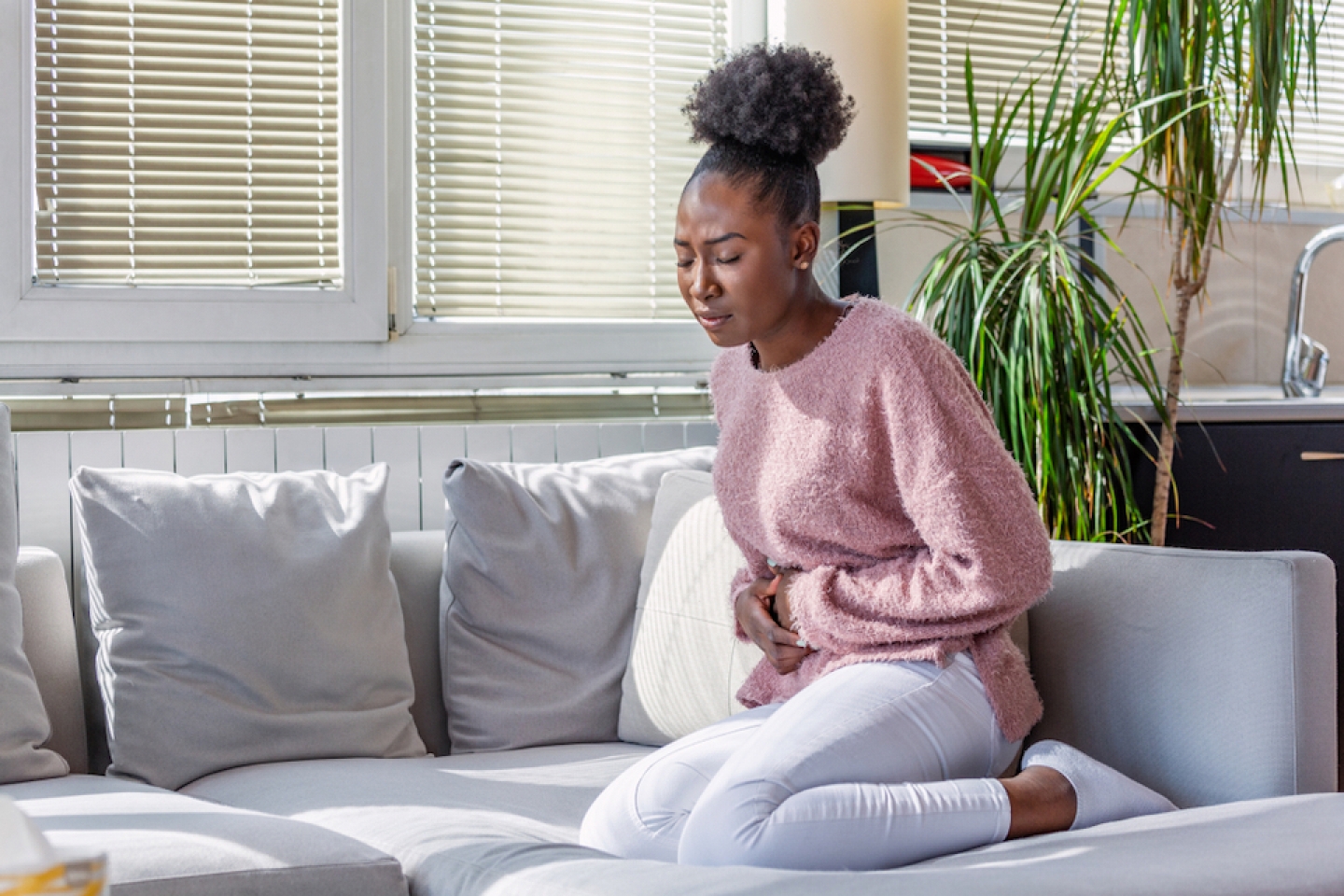
Endometriosis is a very painful condition that occurs when the tissue that normally grows inside the uterus grows on the outside. Sometimes this endometrium tissue spreads to other parts of the body, affecting multiple organs and causing symptoms such as: painful periods, intercourse, or gastrointestinal and bladder symptoms; chronic pelvic pain; or infertility. When the endometrium spreads to the bowel, bowel endometriosis results.
In bowel endometriosis, endometrium tissue grows on the surface of or inside the intestines, on the rectum, or in other parts of the bowel. This may cause:
Because some of the symptoms of bowel endometriosis include digestive or gastrointestinal pain, it is commonly mistaken for irritable bowel syndrome (IBS). The difference is in the frequency and severity of pain. A patient with IBS or most other gastrointestinal conditions may experience pain several times a week over the course of a month, while bowel endometriosis causes intense pain specifically during the menstrual cycle.
If, during your periods, you regularly experience pain with your bowel movements, then speak with your doctor.
Diagnosing bowel endometriosis typically begins with an overall physical exam, including a manual check for growths in the vagina or rectum. It also frequently requires one or more imaging tests, including ultrasound, MRI, colonoscopy, laparoscopy, or barium enema.
Surgery to remove endometrium tissue from the bowels is the most common treatment for bowel endometriosis. Procedures vary, depending on the location and size of the endometrium tissue, and may include:
Recovery times vary, depending on the severity of the condition. Regaining bowel and digestive function takes time. In some cases, bowel function changes completely. Doctors may prescribe medications such as birth control or progesterone injections to control symptoms, as well as over-the-counter pain relievers.
If you have bowel endometriosis, be sure to communicate closely with your care team to manage your pain and determine the best diet for your long-term comfort and wellbeing.